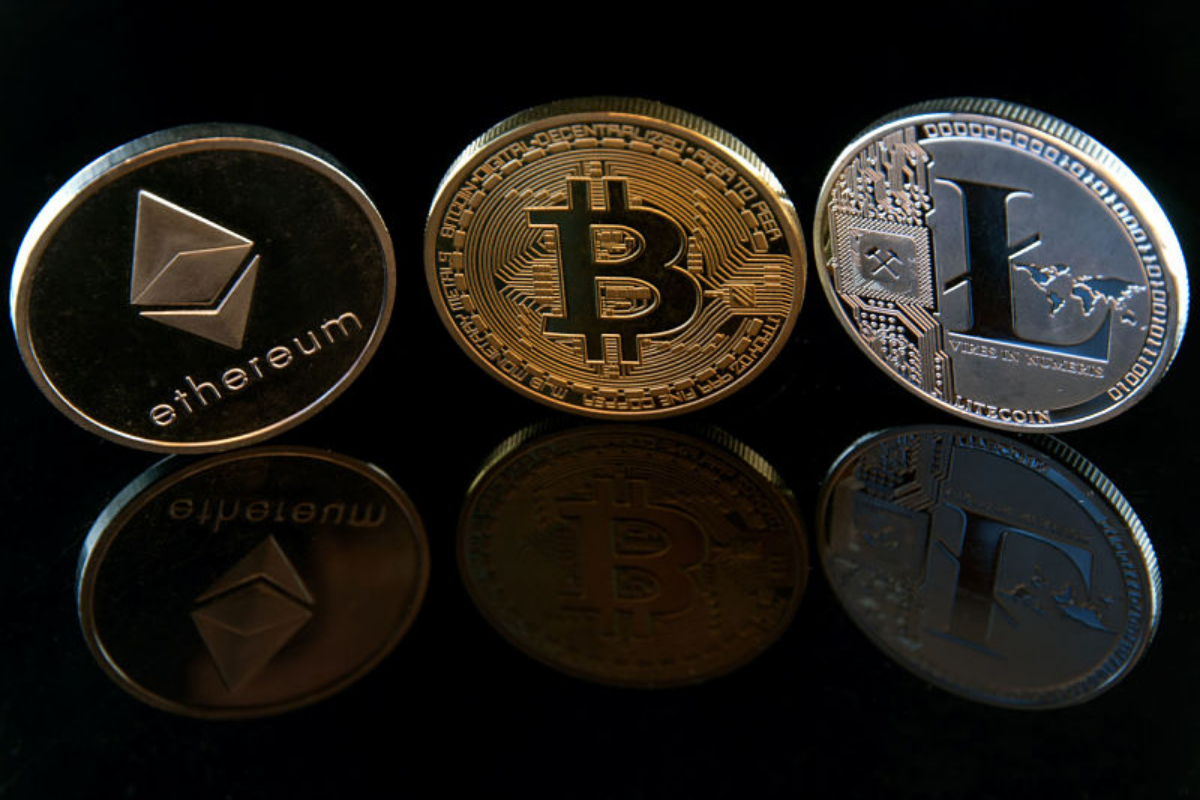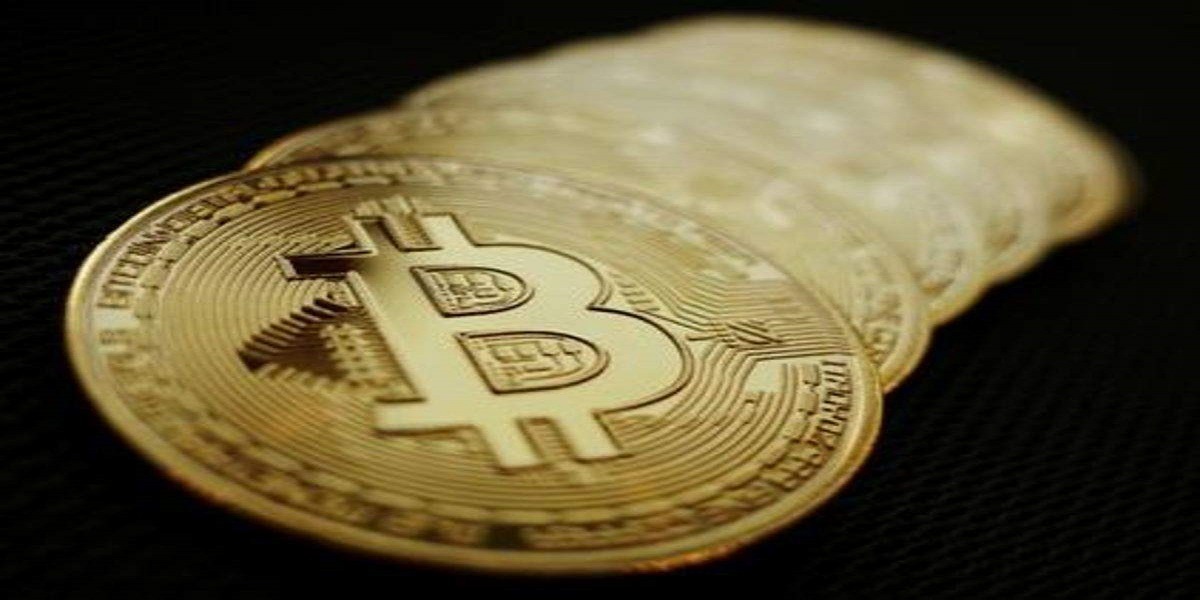In a speech on Thursday, Federal Reserve Board Governor Christopher Waller spoke out against the development of a Fed-backed digital dollar, claiming that a digital dollar will not solve any of the country’s existing problems.
“While [central bank digital currencies] continue to generate enormous interest in the United States and other countries, I remain skeptical that a Federal Reserve CBDC would solve any major problem confronting the U.S. payment system,” During a virtual speech to the American Enterprise Institute, Waller said.
The speech comes ahead of a report on the costs and benefits of creating a digital dollar which will be released in the fall, according to Federal Reserve Chairman Jerome Powell.
Waller highlighted out that the private banking system and the Federal Reserve are working on initiatives that will allow payments to be made “immediately” once they are initiated, implying that a cbdc would not be able to improve on present technologies.
He also criticized the premise that providing Americans with individual accounts at the Federal Reserve, where they might store their digital dollars, would make the banking system fairer.
According to recent research by the Federal Deposit Insurance Corporation, only 5.4 percent of US families were unbanked in 2019, and 75 percent of those who were unbanked were not interested in opening a bank account.
“It is implausible to me that developing a CBDC is the simplest, least costly way to reach this 1 percent of households,” Waller said. “Instead, we could promote financial inclusion more efficiently by, for example, encouraging widespread use of low-cost commercial bank accounts.”
Some supporters of the digital dollar believe it may be a safe alternative to stablecoins or digital assets whose value is tied to the dollar.
Stablecoins, which enable cryptocurrency traders to hold their uninvested assets, are a staple in the market for cryptocurrencies like bitcoin BTCUSD, 3.85 percent, and ether ETHUSD, 3.68 percent.
As cryptocurrencies become more prominent, regulators ranging from Fed Chairman Jerome Powell to Treasury Secretary Janet Yellen have emphasized the threats that stablecoins represent to the economy.
Stablecoin critics believe that they pose a risk to financial stability since they behave similarly to bank deposits, in that they are a digital asset-backed by a guarantee to convert one-to-one into US dollars, but they are not governed or insured by the government.
These fears increased after New York Attorney General Letitia James banned the use of Tether USDTUSD, 0.06 percent, and its related crypto exchange, Bitfinex, in the state for making deceptive assertions regarding the currency’s backing.
Waller proposed that rather than creating a digital dollar, these concerns should be handled through regulations.
[embedpost slug=”coinbase-users-now-can-purchase-cryptocurrency-using-apple-pay”]
Read more












